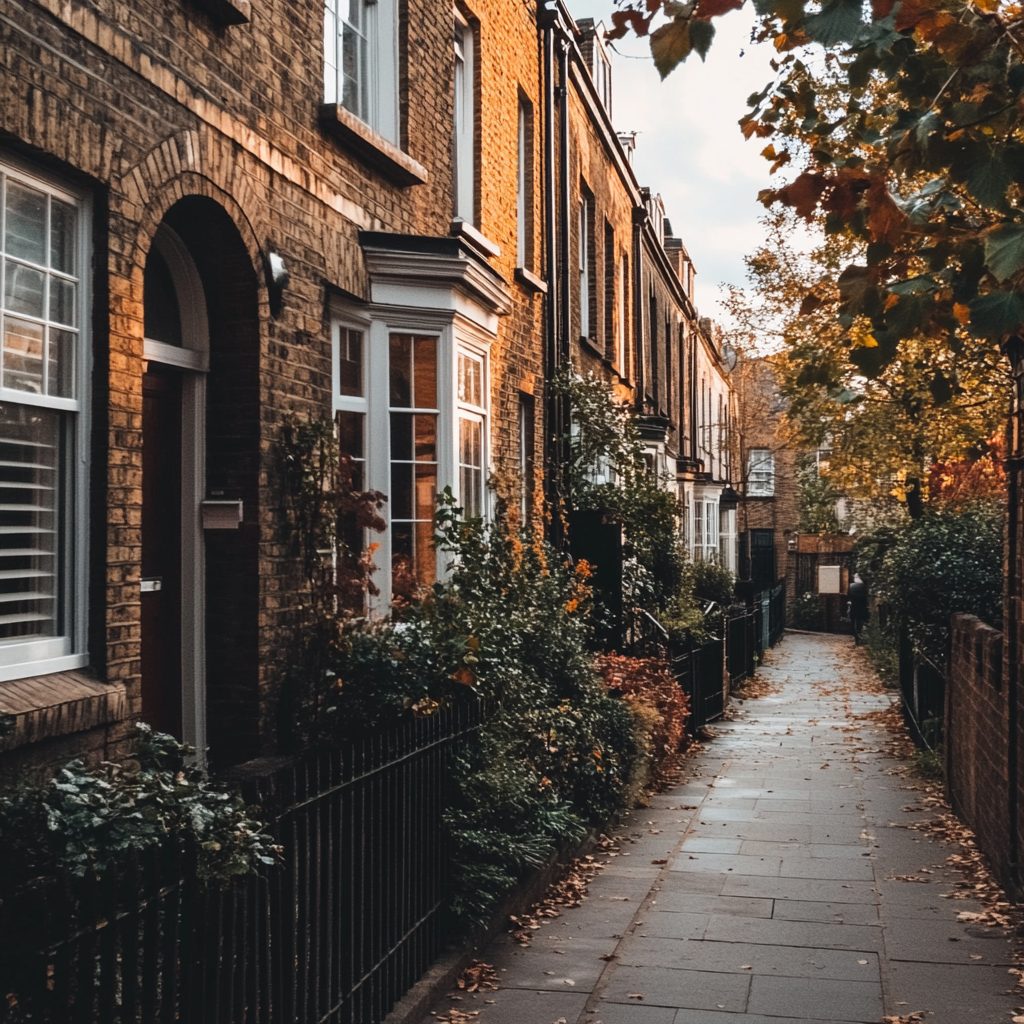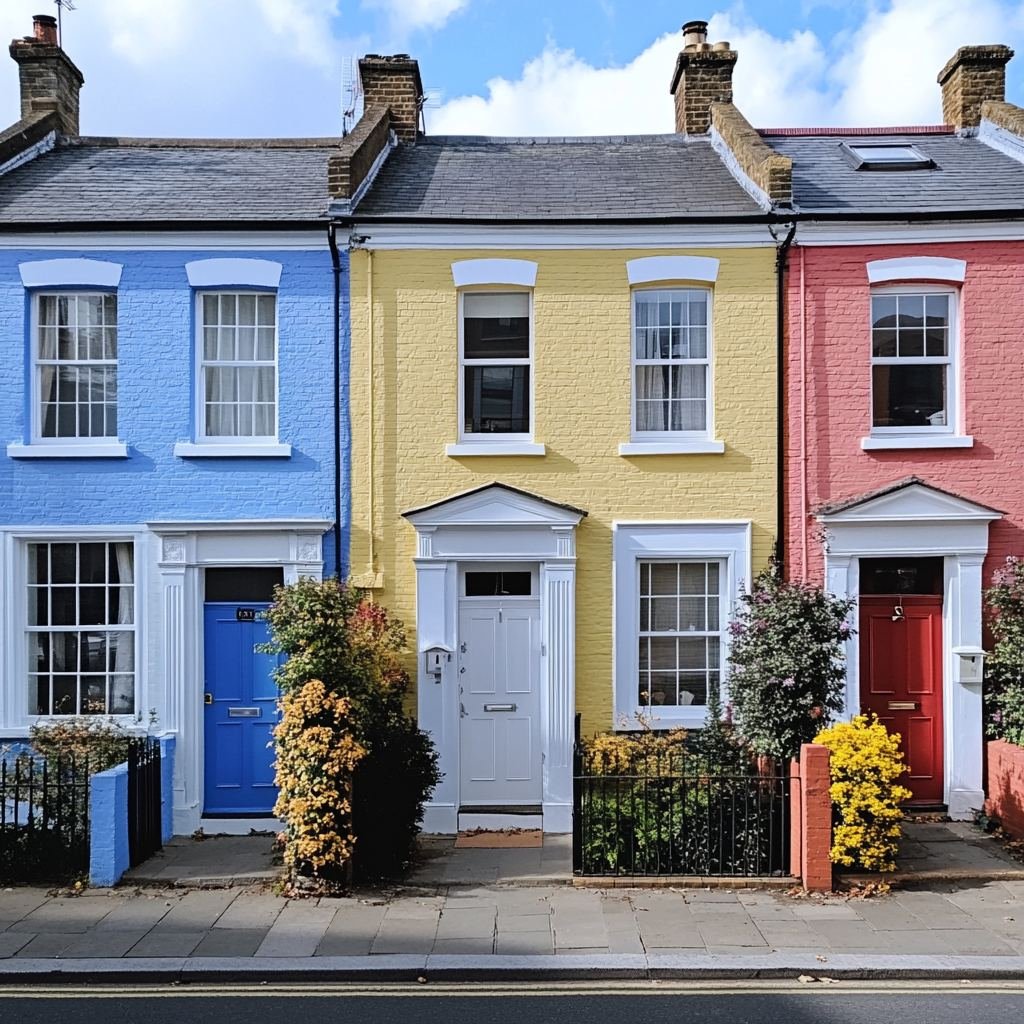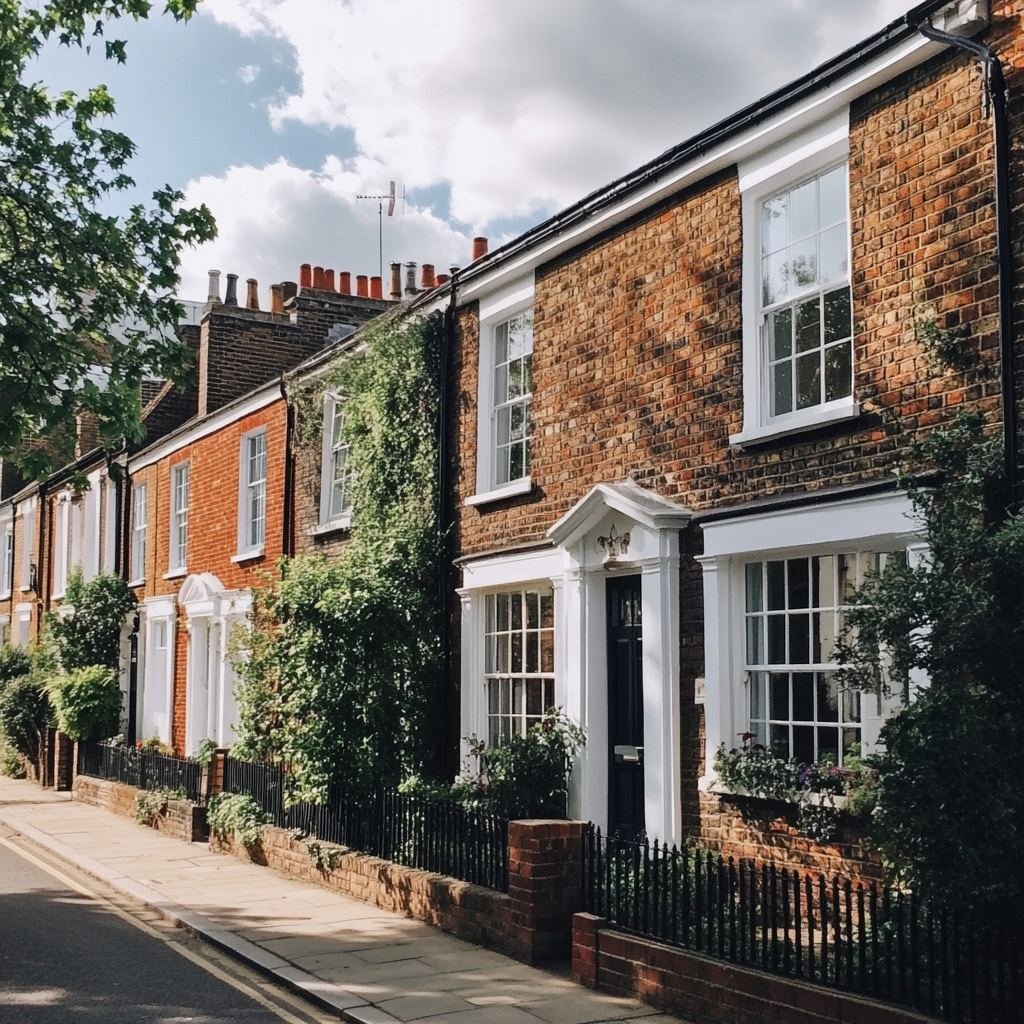Are you dreaming of owning your first home in the UK but feeling overwhelmed by the process? You’re not alone! Buying a house is one of the most significant decisions you’ll make, and it’s natural to have questions and concerns. In this guide, we’ll share 10 essential tips for first-time home buyers in the UK to help you navigate the property market with confidence. Let’s embark on this exciting journey together!
1. Determine Your Budget
Understanding Your Financial Limits
Before you start house hunting, it’s crucial to know how much you can afford.
- Calculate Your Income: Include your salary and any additional income sources.
- Assess Your Expenses: List monthly outgoings like bills, groceries, and entertainment.
- Consider Future Costs: Factor in potential changes like starting a family or job shifts.
Tip: Use online mortgage calculators to get an estimate of your borrowing capacity.
2. Save for a Deposit
The Bigger, The Better
A deposit is a lump sum you pay upfront when buying a house.
- Minimum Requirement: Generally, lenders require at least 5% of the property’s value.
- Higher Deposits: Aim for 10% or more to access better mortgage rates.
- Saving Strategies: Set up a dedicated savings account and consider government schemes like the Help to Buy ISA.
Question for you: Have you started saving for your deposit yet?
3. Check Your Credit Score
Your Financial Health Matters
Lenders assess your credit score to determine your reliability.
- Obtain Your Credit Report: Check for free with agencies like Experian or Equifax.
- Improve Your Score: Pay bills on time, reduce debts, and avoid applying for new credit.
- Correct Errors: Dispute any inaccuracies you find on your report.
Imagine: A strong credit score increasing your chances of mortgage approval.

4. Research Government Schemes
Assistance for First-Time Buyers
The UK government offers schemes to make buying a home more accessible.
- Help to Buy Equity Loan: Borrow up to 20% (40% in London) of the property’s value.
- Shared Ownership: Buy a share of a property and pay rent on the rest.
- Lifetime ISA: Save up to £4,000 a year with a 25% government bonus.
Scenario: Using the Help to Buy scheme to purchase a new-build home with a smaller deposit.
5. Get a Mortgage Agreement in Principle
Know Where You Stand
An Agreement in Principle (AIP) gives you an idea of how much a lender might offer.
- What It Is: A conditional offer based on your financial situation.
- Benefits: Shows sellers you’re a serious buyer.
- Validity: Usually valid for 60 to 90 days.
Tip: Having an AIP can speed up the buying process once you find your ideal home.
6. Choose the Right Location
More Than Just a House
Where you live affects your lifestyle and future resale value.
- Consider Commute Times: Proximity to work or public transport.
- Local Amenities: Schools, shops, parks, and healthcare facilities.
- Neighbourhood Safety: Research crime rates and community vibes.
Question for you: What are your priorities when choosing a location?
7. View Multiple Properties
Don’t Settle Too Soon
Seeing a range of homes helps you understand what’s available within your budget.
- Make a Checklist: Note your must-haves and deal-breakers.
- Ask Questions: Inquire about property age, maintenance, and any issues.
- Take Notes and Photos: Helps you remember details later.
Imagine: Finding the perfect home after comparing several options.
8. Hire a Solicitor or Conveyancer
Navigating Legal Processes
A solicitor or conveyancer handles the legal aspects of buying a home.
- Their Role: Conduct searches, handle contracts, and transfer funds.
- Choosing One: Seek recommendations or compare online reviews.
- Costs: Fees vary, so get quotes from multiple professionals.
Scenario: A reliable solicitor ensuring a smooth transaction without legal hiccups.
9. Get a Home Survey
Know What You’re Buying
A survey uncovers potential issues with the property.
- Types of Surveys:
- Condition Report: Basic overview, suitable for new builds.
- HomeBuyer Report: More detailed, highlights major issues.
- Building Survey: Comprehensive analysis, ideal for older properties.
- Why It’s Important: Identifies structural problems that could be costly to fix.
Tip: Investing in a survey can save you from unexpected expenses down the line.
10. Budget for Additional Costs
Beyond the Purchase Price
Be prepared for extra expenses that come with buying a home.
- Stamp Duty: Tax on property purchases over a certain price threshold.
- Mortgage Fees: Arrangement and valuation fees from your lender.
- Moving Costs: Hiring a removal company or renting a van.
- Home Insurance: Protect your new investment from day one.
Question for you: Have you accounted for all the additional costs in your budget?

Summary Table
| Tip | Key Actions |
| 1. Determine Your Budget | Calculate income and expenses |
| 2. Save for a Deposit | Aim for 10% or more, utilise saving schemes |
| 3. Check Your Credit Score | Obtain report, improve score, correct errors |
| 4. Research Government Schemes | Explore Help to Buy, Shared Ownership, Lifetime ISA |
| 5. Get a Mortgage Agreement | Secure an Agreement in Principle |
| 6. Choose the Right Location | Consider commute, amenities, safety |
| 7. View Multiple Properties | Compare options, ask questions, take notes |
| 8. Hire a Solicitor | Handle legal processes, compare fees |
| 9. Get a Home Survey | Choose appropriate survey, identify issues |
| 10. Budget for Additional Costs | Include stamp duty, fees, moving costs, insurance |
Conclusion
Embarking on the journey to homeownership is both exciting and challenging. By following these 10 tips for first-time home buyers in the UK, you’ll be well-equipped to make informed decisions and navigate the process with confidence. Remember, preparation is key, and taking the time to plan can lead to finding the perfect home that suits your needs and budget. So, are you ready to take the first step toward owning your dream home?
FAQs
The minimum deposit is typically 5% of the property’s value, but a higher deposit of 10% or more can provide better mortgage rates.
The government lends you up to 20% (40% in London) of the property’s value, interest-free for the first five years, to help you buy a new-build home.
Stamp Duty is a tax on property purchases. First-time buyers are exempt on properties up to £300,000 and pay reduced rates up to £500,000.
On average, it takes between 2 to 3 months from making an offer to completing the purchase, but this can vary.
A low credit score may limit your mortgage options, but some lenders specialise in offering products to those with less-than-perfect credit.





